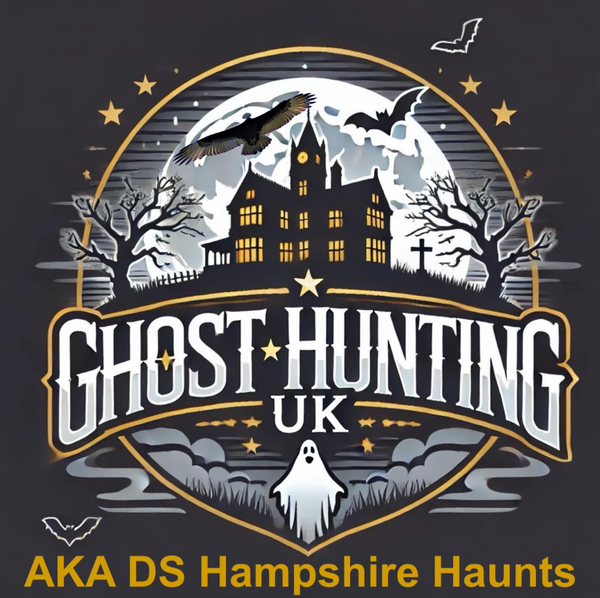
Ghost Hunter vs. Paranormal Investigator: What’s the Difference?
Share
As someone who’s spent a good deal of time exploring the unknown, one of the questions I often get asked is, “What’s the difference between a ghost hunter and a paranormal investigator?” At first glance, these terms might seem interchangeable, but once you dive into the world of the supernatural, the distinction becomes clear.
Ghost Hunters: Chasing the Thrill
Let’s start with ghost hunters. Ghost hunting is exactly what it sounds like: the active pursuit of ghosts, spirits, or any other paranormal entities. It’s often driven by curiosity and the desire for a thrilling adventure. Ghost hunters usually equip themselves with basic tools like EMF meters, digital voice recorders, and cameras, hoping to capture some form of evidence that a ghostly presence exists.
Many ghost hunters are hobbyists, people who love the adrenaline rush of stepping into a reportedly haunted location and seeing if they can get a glimpse of the supernatural. It’s not uncommon for ghost hunters to focus more on the excitement and less on the science or logic behind the phenomena they experience. They want the chills, the unexplainable voices, the sudden cold drafts or anything that makes the hair on the back of their neck stand up. While there's nothing wrong with this approach, it’s more about personal experience than rigorous investigation.
Paranormal Investigators: Searching for Answers
Now, let’s talk about paranormal investigators. While ghost hunters might be content with a quick thrill, paranormal investigators take a more measured and scientific approach. Think of them as detectives, gathering evidence, analysing data, and trying to determine what, if anything, is truly happening at a location.
For a paranormal investigator, the goal isn’t just to have an experience, it’s to find answers. Is there a logical explanation for the strange knocking sounds? Could the sudden cold spots be due to drafts or temperature changes? Investigators often try to debunk paranormal claims first before concluding that something supernatural is going on. The tools they use might be similar to those of ghost hunters, but they rely more on detailed research, history, and context to back up their findings.
The Blurred Line
Of course, the line between ghost hunting and paranormal investigation isn’t always crystal clear. Many people, myself included, often engage in both approaches. There’s a lot to be said for the excitement that ghost hunting brings, but at the same time, taking a more methodical route can lead to deeper understanding and stronger evidence. Whether you’re chasing after a ghost for the adrenaline or systematically analysing strange phenomena, both roles play a part in unravelling the mysteries of the unknown.
In the end, whether you call yourself a ghost hunter or a paranormal investigator, the important thing is the respect and care you bring to the field. After all, we’re dealing with forces we still don’t fully understand, and both curiosity and caution are necessary in equal measure.
So, are you a thrill-seeker, a truth-seeker, or a little bit of both?
